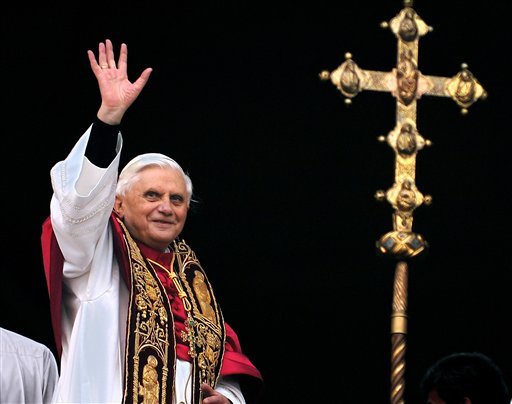We are all parts of one body...one community...one society.
Everyone of us belongs, there is not one single life set at a higher or lesser scale in the bare facts of human life. I don't care who says otherwise....it's not so.
Just think about this: "
12 For just as the body is one and has many
members, and all the members of the body, though many, are one body, so
it is with Christ.
13For in the one Spirit we were all baptized into
one body—Jews or Greeks, slaves or free—and we were all made to drink of
one Spirit."
We are all baptized in to one body...one society...one world. ONE
24b"But God has so arranged the body, giving the greater honour to the inferior member,
25that there may be no dissension within the body, but the members may have the same care for one another.
26If one member suffers, all suffer together with it; if one member is honoured, all rejoice together with it."
Do you see this? "If one member suffers, all suffer together with it."
Do you see that if one member sins and lives under many sins, the
entire body suffers under the same many sins. Sin is a hurt, a pain,
and it truly is damaging to self and others around.
Like throwing a pebble in a still pond.....the ripples spread out far
and wide causing tension in the quiet pond. Disturbing the calm and
beauty which is desirous and best.
When we go against natural law, against the Ten Commandments, or the two
greatest commandments of love, we sin. Sin is an act, a choice to go
against good and kindness in a hurtful manner. It does effect others,
even to those whom we have not thought of. We never know who is
looking, watching, being effected by our own personal life choices....we
will never know completely. God made us this way, relationships are
what we are made for. Relational people, constantly interacting and
reacting to each other. That is who we are.
So when one lies about another, it is not just between these who people,
which is the first ripple in the pond, but it effects those nearest to
them as well....the second ripple, and so forth.
If you have seen the classic movie, "It's a Wonderful Life" with Jimmy
Stewart, you will remember how many lives were affected by his not being
born. This is a perfect example of how one person can and does affect
the society. So does their sins.
Look through the New Testament and see that every single page consists
of Christ forgiving and or talking about sin and our being saved from
the effects of sin. He came down and joined us for this precise thing,
to free us from sin and save us from Satan. Nothing has changed, the
war is still being waged against sin, sin is still what we need to be
cured of.
So, now do you know where your sins go? Like the pebble in the pond,
your sins go out into the community and causes tension, disturbing the
body. This is why in every parish, the priests strive to be available
for confession. Call your pastor today and make an appointment if you
can't make it on Saturday.
Do it for you, but do it for the Body.













